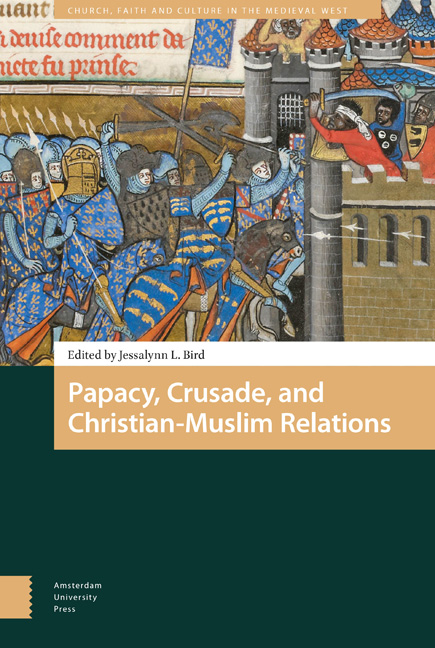2 - The Sermons of Pope Honorius III
Published online by Cambridge University Press: 22 December 2020
Summary
Abstract
Scholars have identified sixty-eight sermons from Pope Honorius III (1216–27). This article examines their intended audience, date of composition, language, purposes, style, and form. Pope Honorius often used the texts of the Church Fathers and other authorities when composing his sermons, and the article demonstrates his fondness for the works of Pope Gregory I (590–604) and his use of the popular florilegium, the Liber scintillarum (composed c.700). It is argued that Honorius's sermons offer scholars insights into papal ideology and theology and that comparisons with the extant sermons of Honorius's predecessor, Innocent III (1198–1216), shed light on some of the divergences of opinion which could be found at the papal curia in the early thirteenth century.
Keywords: Sermons, preaching, Pope Honorius III, popes, central Middle Ages, florilegia
In the 1970s and early 1980s, James M. Powell drew the attention of the scholarly community to the sermons of Pope Honorius III (1216–27) with a series of magisterial articles. Honorius's sermons had not been the subject of much research, probably because they were not very popular in the Middle Ages and only survive in very few manuscripts, and possibly also because Honorius's pontificate long held little interest for historians who instead focused on the pontificates of his immediate predecessor and successor, Innocent III (1199–1216) and Gregory IX (1227–41). However, Honorius's sermons are a valuable source for insights into the ideas of Honorius III, as Powell so clearly showed, and thus well worth our attention. After a brief outline of the historiography of these sermons and of the manuscripts in which they have been preserved, this article will discuss their audience, language, purposes, style, form, use of authorities, and finally, their interest for historians.
Honorius's Sermons: a brief historiography
Scholars have so far identified sixty-eight sermons – for Sundays, feast days, and extraordinary occasions – from Honorius. All but one were published in the late nineteenth century by César-Auguste Horoy in his Opera omnia Honorii III. Horoy's edition is based solely on Hieronomo Bottiono's transcription of one manuscript containing Honorius's sermon collection, namely Rome, Biblioteca Nazionale, Sessoriano MS 51.
- Type
- Chapter
- Information
- Papacy, Crusade, and Christian-Muslim Relations , pp. 45 - 62Publisher: Amsterdam University PressPrint publication year: 2018



